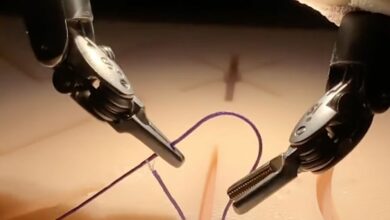Japan has started building the world’s fastest supercomputer

Japan has announced plans to begin construction of the world’s first “zeta-class” supercomputer in 2025. The project is expected to be 1,000 times faster than current leading supercomputers, cost more than $750 million and be operational by 2030. The supercomputer will help Japan remain competitive in the advancement of artificial intelligence (AI) and scientific research. This ambitious project was unveiled on August 28, 2023 by Japan’s Ministry of Education, Culture, Sports, Science and Technology (MEXT).
Power of ZetaFLOPS
The supercomputer will operate at speeds on the zetaFLOPS scale, a computational milestone that has yet to be achieved. One zetaFLOP is equivalent to one sextillion floating-point operations per second, far surpassing the current record held by the US Frontier supercomputer, which runs at 1.2 exaFLOPS. By comparison, Japan’s Fugaku, once the fastest supercomputer, operates at just 0.44 exaFLOPS and currently ranks fourth worldwide.
The successor of Fugaku
The new supercomputer, provisionally called “Fugaku Next,” will be built by RIKEN and Fujitsu, the same companies responsible for developing Fugaku, MEXT announced. Engineers are expected to use Fujitsu-designed components to ensure cross-compatibility with its predecessor. However, technical details about the upcoming machine are still limited.
Challenges and financing
A key challenge will be optimizing energy consumption. Current supercomputer technology would require the energy output of 21 nuclear power plants to run a zeta-class machine. MEXT has allocated JPY 4.2 billion (approximately Rs. 246.9 crores) for the first year of development, with a potential total investment of JPY 110 billion (approximately Rs. 6468.6 crores) by 2030, according to a Tom’s Hardware report.
If completed as planned, the Fugaku Next will likely hold the title of the most powerful supercomputer on Earth.




